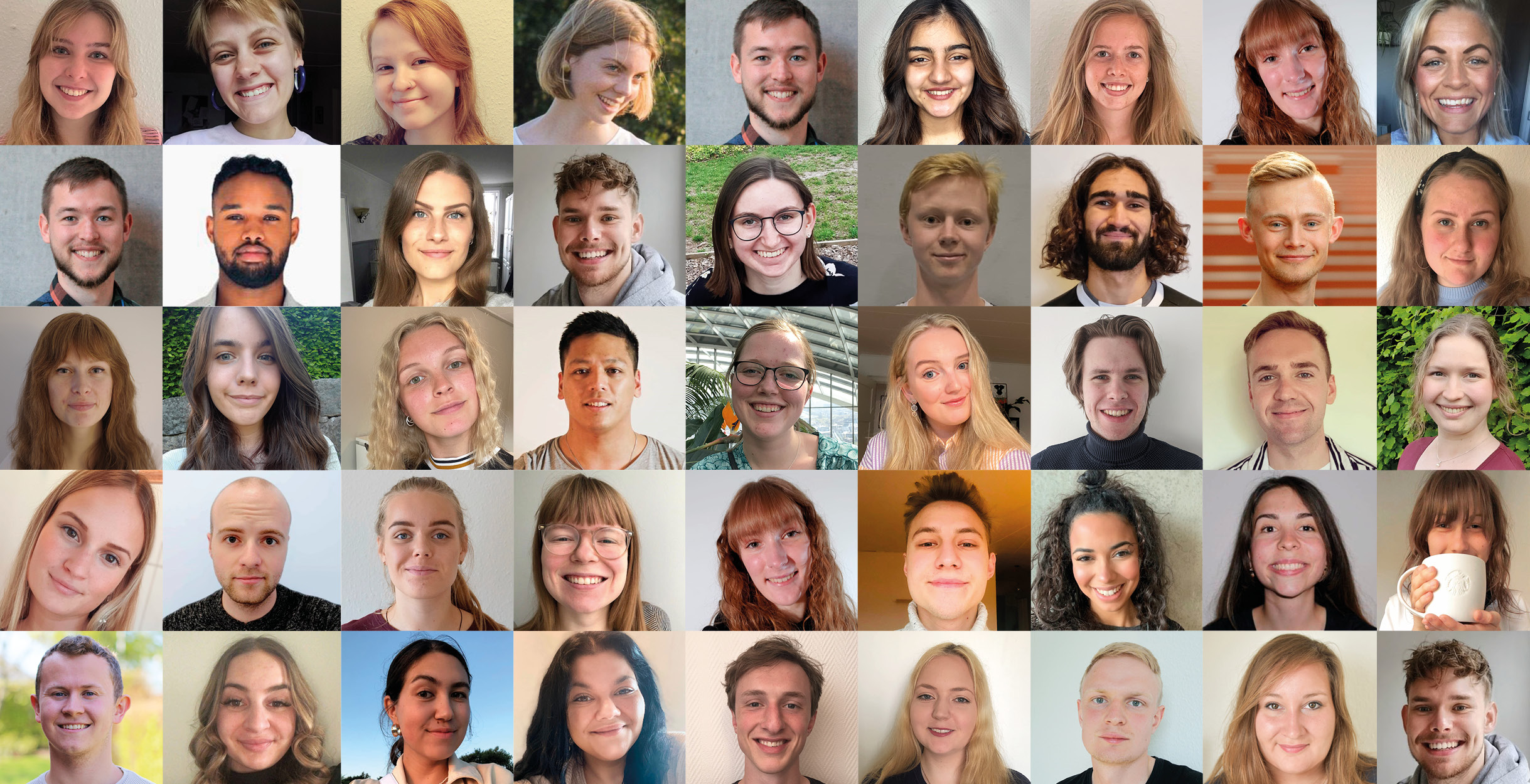Entry requirements
To qualify for admission, you must have a relevant degree on a Bachelor's level. You are qualified for admission if you hold one of the following degrees:
- BSc in Mechanical Engineering from SDU - gives you a legal claim for admission
- BEng in Mechanical Engineering
- BEng in Maskinteknik, SDU, AU, AAu, AAU (Esbjerg), DTU
- BSc in Mekanik, SDU, AU
- Bsc in Mekanik og Produktion, AAU (Esbjerg)
- BSc in Produktion og Konstruktion, DTU
- BSc/BEng in Mechatronics, SDU, provided you have passed the following courses: Solid Mechanics (SME) or Mechanics of Materials 1 (ME-MoM1), Fluid Mechanics (ME-FME) or Heat Transfer (ME-HT), Energy Systems (ME-ES) or Cooling and Heating Systems (ME-CHS)
You can apply if you hold a similar, relevant degree in Science or Engineering. To be considered, your degree must include a minimum of:
• 15 ECTS Mathematics• 10 ECTS Fluid Mechanics, Thermodynamics, Hydraulics and Heat transfer
• 10 ECTS Statics, Mechanics of materials and Machine components
• 5 ECTS Dynamics and Multibody Systems
• 5 ECTS Programming and Machine Learning
• 5 ECTS Energy Systems and Cooling and Heating systems
• 5 ECTS Finite element methods and Computer Aided Engineering
Language requirements
The programme is taught in English. If your Bachelor's Degree is not from SDU, you are required to submit proof of your proficiency in English. See the English language requirements.
Selection criteria
There is a limited number of study places. If there are more qualified applicants than study places, the selection of applicants without a legal claim will be based on an assessment of the academic level in relevant courses on your bachelor’s degree. The following criteria are included in the assessment:
- Courses in the following subject areas (ECTS points)
You will get one point if you have more ECTS in a subject area than required to meet the entry requirements. You can get up to 7 points in total.
- Mathematics (1 point if more than 15 ECTS)
- Fluid Mechanics, Thermodynamics, Hydraulics and Heat transfer (1 point if more than 10 ECTS)
- Statics, Mechanics of materials and Machine components (1 point if more than 10 ECTS)
- Dynamics and Multibody Systems (1 point if more than 5 ECTS)
- Programming and Machine Learning (1 point if more than 5 ECTS)
- Energy Systems and Cooling and Heating systems (1 point if more than 5 ECTS)
- Finite element methods and Computer Aided Engineering (1 point if more than 5 ECTS)
- Grade point average of your qualifying degree (Danish 7-point grading scale)
- GPA 7 (1 point)
- GPA 10 (2 point)
- GPA 12 (3 point)
Note that if the degree is not completed at the time of application, the grade point average is calculated based on the courses passed at the time of application.
As a Bachelor student at SDU, you can apply for permission to follow up to 30 ECTS Master-level courses even though you have yet to complete your Bachelor’s degree.
You can be granted permission if you have the necessary academic qualifications. The progression of your Bachelor’s programme is crucial to the outcome of your application.
Check to see whether you fulfil the conditions
By choosing your faculty below you can see which conditions you generally must fulfil to be permitted to take Master-level courses. Please acquaint yourself with the rules before you apply for permission since you must indicate in your application whether you fulfil the conditions or not. Read more here.
If you have previously been admitted to the programme, or already are, then special rules may apply when you apply for admission.
Find the scenario that suits you and read more: Re-enrolment, re-admission, transferring and change of programme
Have you completed a Master’s programme?
If you’ve already obtained a Master’s degree, you can only be admitted to a new Master’s programme if there are vacant study places in the programme.
Learn more about rule and the possibility to apply for exemption.
Have you completed another type of study programme?
As long as you do not hold a Master’s degree, you are free to apply for admission to a new programme.

